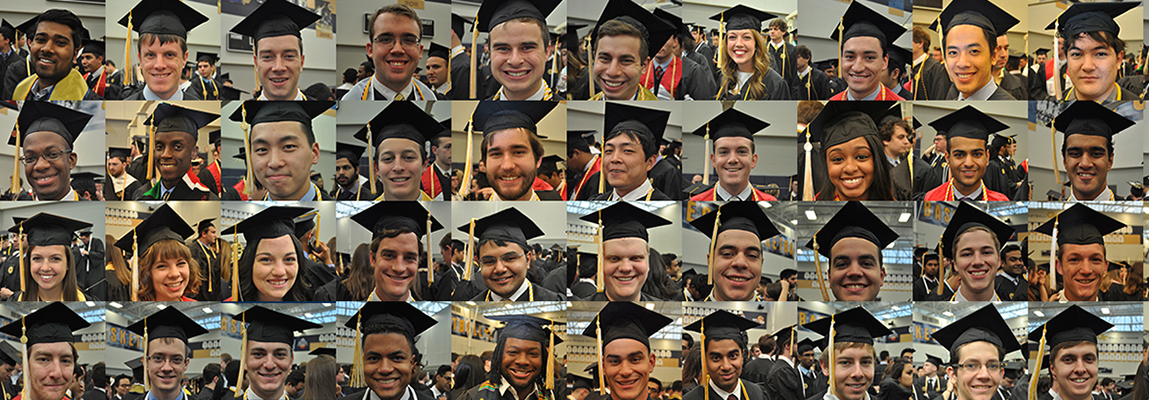Image

Educational Objectives
Undergraduate Educational Objectives
The program educational objectives listed below reflect the needs of our constituents and have been reviewed by our Advisory Council, faculty, and students.
- To provide students with a comprehensive education that includes in-depth instruction in aerodynamics, aircraft and spacecraft structures, flight mechanics, orbital mechanics, propulsion and power, and design of aerospace systems.
- To prepare students at all levels for careers in industry, government laboratories, and academia by emphasizing analysis and problem-solving through exposure to open-ended research challenges and engineering design issues.
- To provide comprehensive research and independent study opportunities that cultivate lifelong learning skills, nourish creative talents, and foster individual professionalism.
Undergraduate Outcomes
The Georgia Tech Aerospace Engineering Undergraduate Program prepares our graduates to attain the following outcomes:
- an ability to identify, formulate, and solve complex engineering problems by applying principles of engineering, science, and mathematics
- an ability to examine real world problems and apply engineering fundamentals and design to produce solutions that meet specified needs with consideration of public health, safety, and welfare, as well as global, cultural, social, environmental, and economic factors
- an ability to communicate effectively with a range of audiences
- an ability to recognize ethical and professional responsibilities in engineering situations and make informed judgments, which must consider the impact of engineering solutions in global, economic, environmental, and societal contexts
- an ability to function effectively on a team whose members together provide leadership, create a collaborative and inclusive environment, establish goals, plan tasks, and meet objectives
- an ability to develop and conduct appropriate experimentation, analyze and interpret data, and use engineering judgment to draw conclusions
- an ability to acquire and apply new knowledge as needed, using appropriate learning strategies.
Blank Space (medium)
(text and background only visible when logged in)
(text and background only visible when logged in)